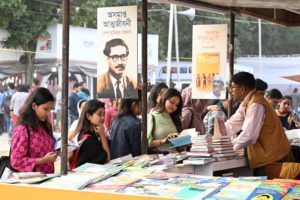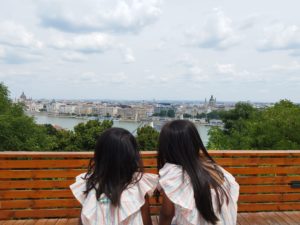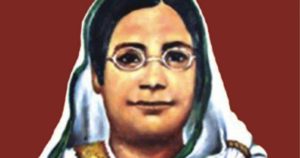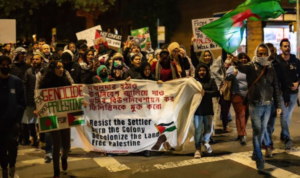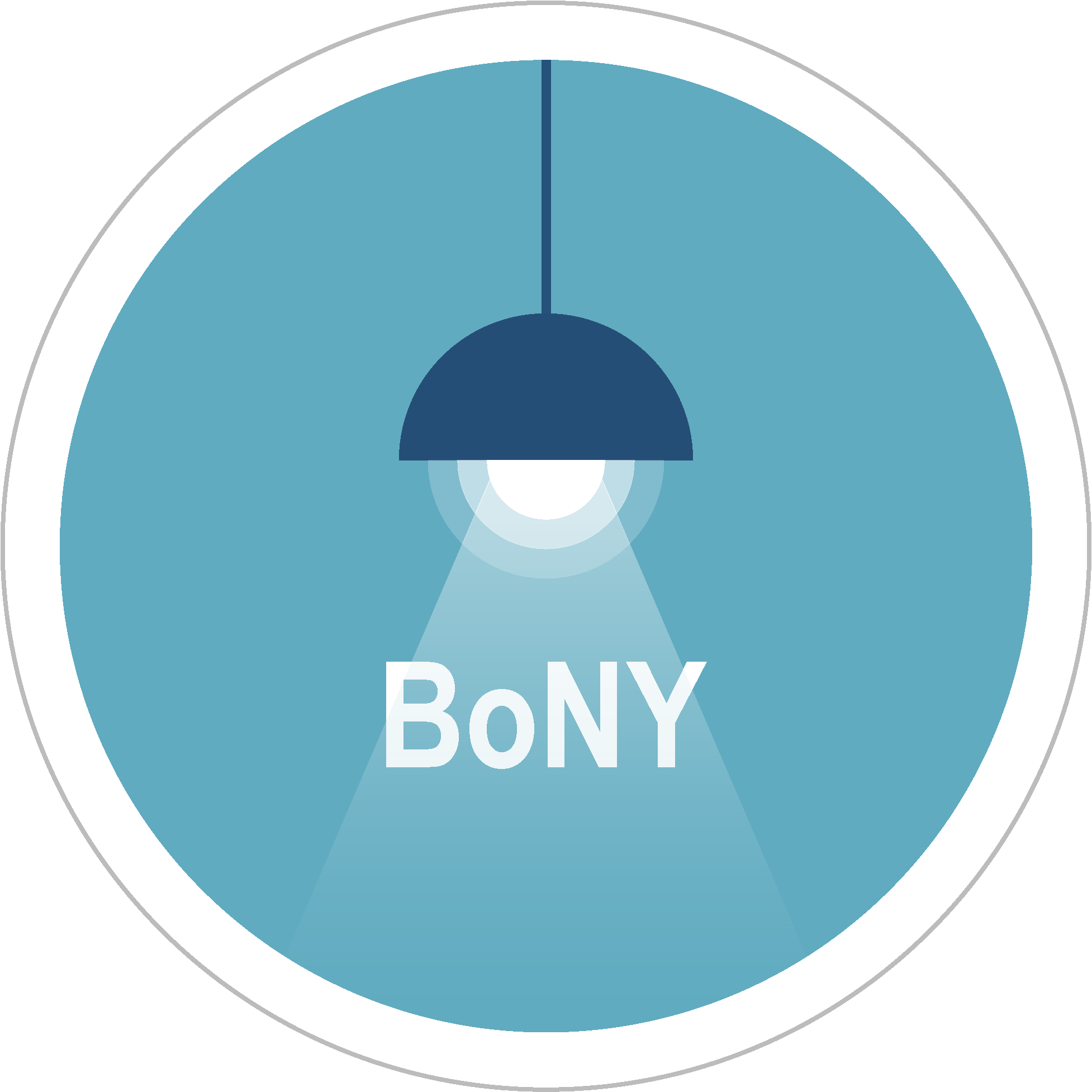LGBTQ Activists in Bangladesh Are a New Generation of Freedom Fighters

New York, NY
As Pride Month in the United States welcomes celebration and an invigorating atmosphere of candor amongst LGBTQ+ individuals, increasingly conservative environments like Bangladesh continue to fail at protecting queer communities.
Though there is still so much work to do in order to achieve true equality in the United States, queer Bangladeshi Americans are free to openly take part in NYC’s Pride celebrations. On the other hand, those in the queer community in Bangladesh are forced to embrace their identities within the shadows in fear of being targeted, ostracized from society, and even murdered—a stark contrast to the vibrancy of embracing love for what it is.
As Bangladeshi laws including Section 377 of the Penal Code threaten to imprison those who partake in “forbidden” sexual acts, the government’s utter disregard for the safety and well-being of queer individuals is unmistakable.
The Fight for Equality in Bangladesh
Xulhaz Mannan, a gay rights activist, pioneered the queer movement in Bangladesh by publishing the country’s first printed LGBTQ+ magazine and organizing rainbow rallies in 2014 and 2015. Shortly after the news of these monumental events spread, the movement was halted abruptly due to violent threats and subsequently, the brutal murder of Mannan and K. Mahbub Rabbi Tonoy. Mannan, despite being a courageous pinnacle of hope for human rights activism in Bangladesh, had his character undermined by the deeply religious and conservative nature of the state and his life ultimately taken.
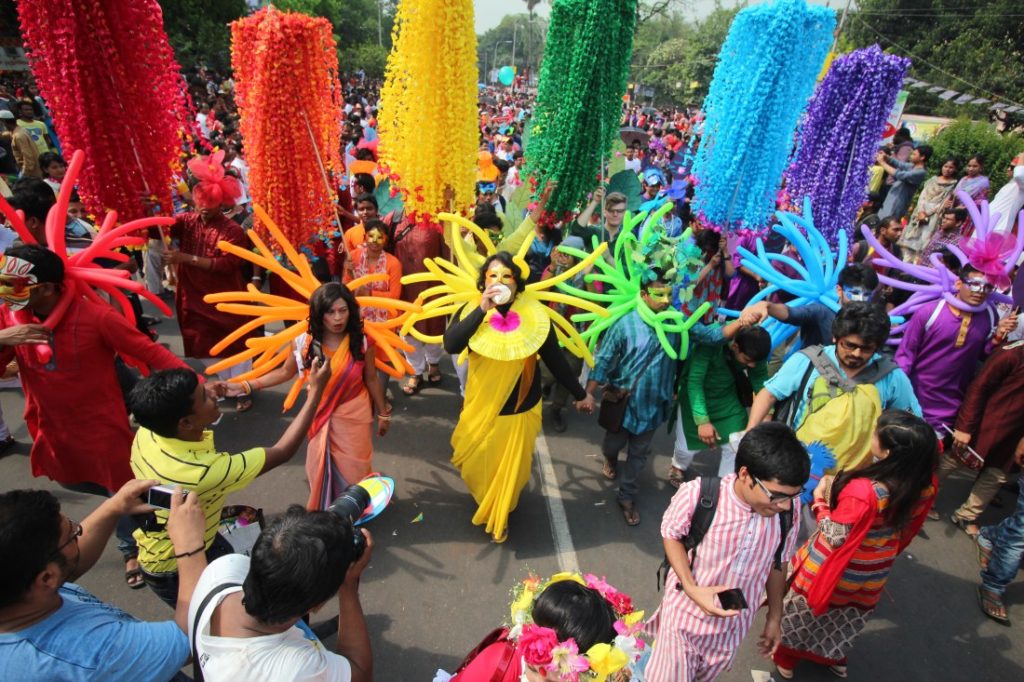
In the eyes of most of the Bangladeshi population, his character did not consist of richness, promise, and hope for the Bengali youth who suffer preconceived notions about their identities. His character was simply turned into a caricature built on fear and ignorance.
This misrepresentation of the LGBTQ+ community is an embodiment of deeply rooted homophobia that has long existed in the region and been codified into law since the era of British colonial rule.
Homophobic rhetoric has been passed down through generations and has been propelled extensively with the presence of Islamic extremism in recent years.
Mannan’s murder was a message. The lack of justice for the extreme brutality was a grim threat to all LGBTQ+ Bangladeshis and especially human rights activists.
The Courage of the LGBTQ Community
Promoting love in a time when hate and ignorance are prevalent is very much an act of bravery. Those who fight for the well-being of other individuals despite popular belief and systematic oppression should be recognized as freedom fighters. Their mission to change the hearts of an entire population and government is a struggle that many are not capable of bearing, yet they power through the fight in great stride.
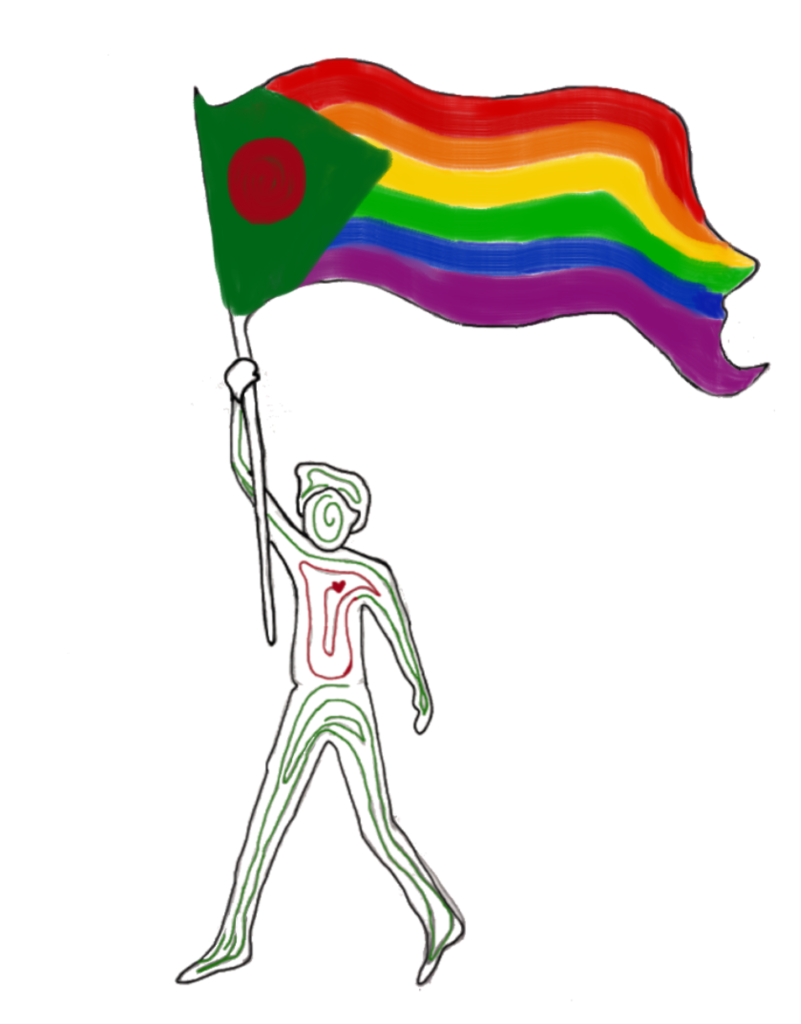
It may be a long time until Bangladeshis accept that sexuality is fluid and traditional gender roles— imposed by the majority—can be a burden for many. But when acceptance finally develops and love flourishes, it will be a great symbol of achievement for all that the activist community has worked toward.
সাহসী্ is a word designated for the heroes of liberation in Bangladesh. Its courageous tenor rings harmonious to the Bangladeshi struggle of achieving life and freedom amidst worldly burden. The Bangladeshi LGBTQ+ community, and especially its activists, should be included in this population of freedom fighters.
Read More
The Legacy of Boi Mela
Every year in February, the month-long national book fair welcomes...
Read MoreMillennial Amma: How to Explain a Global Crisis As a Parent
Rumki Chowdhury shares tips for how to talk to children...
Read MoreBegum Rokeya’s Millennials
A tribute to a pioneering Bengali feminist writer, educator and...
Read More